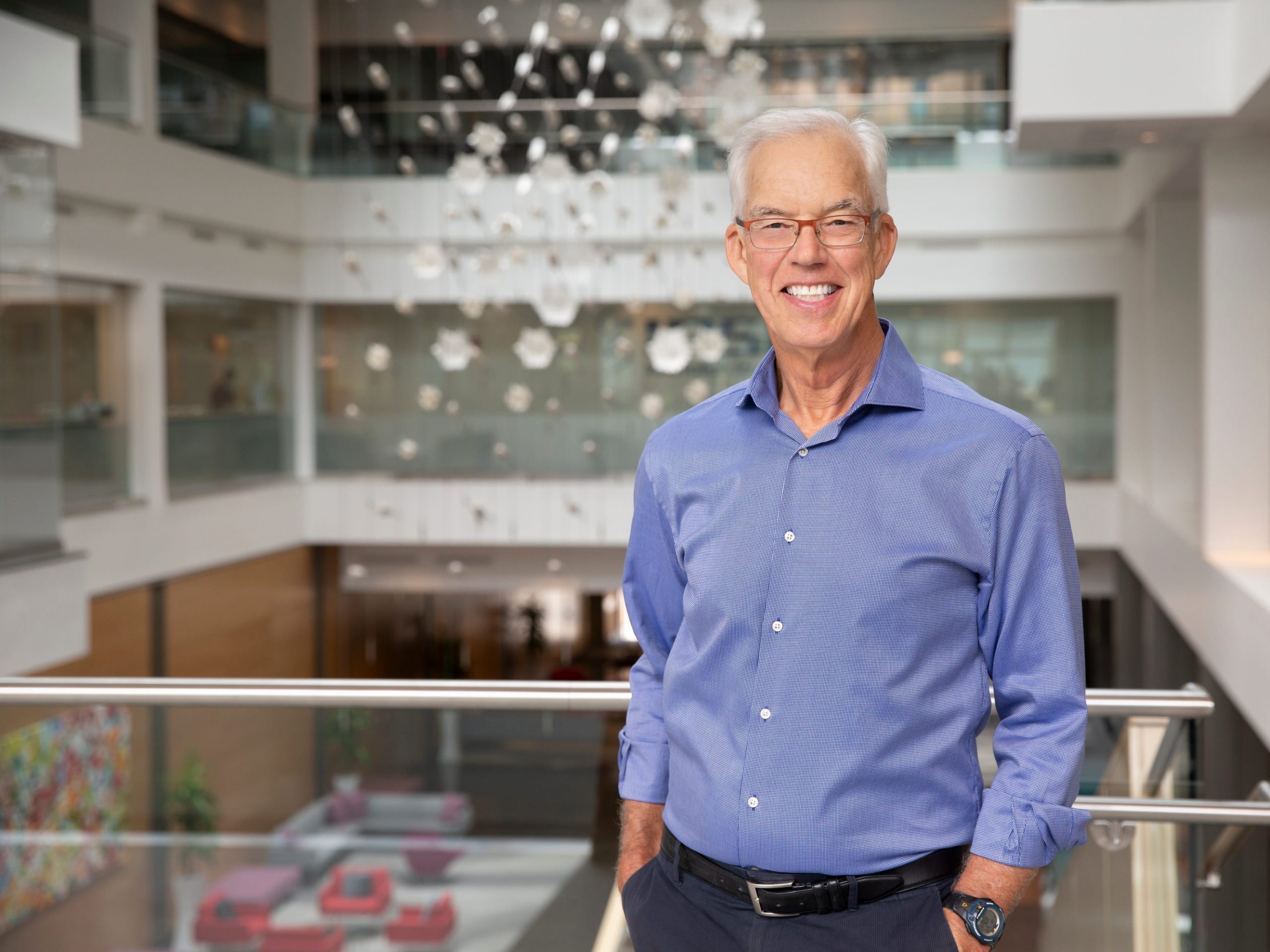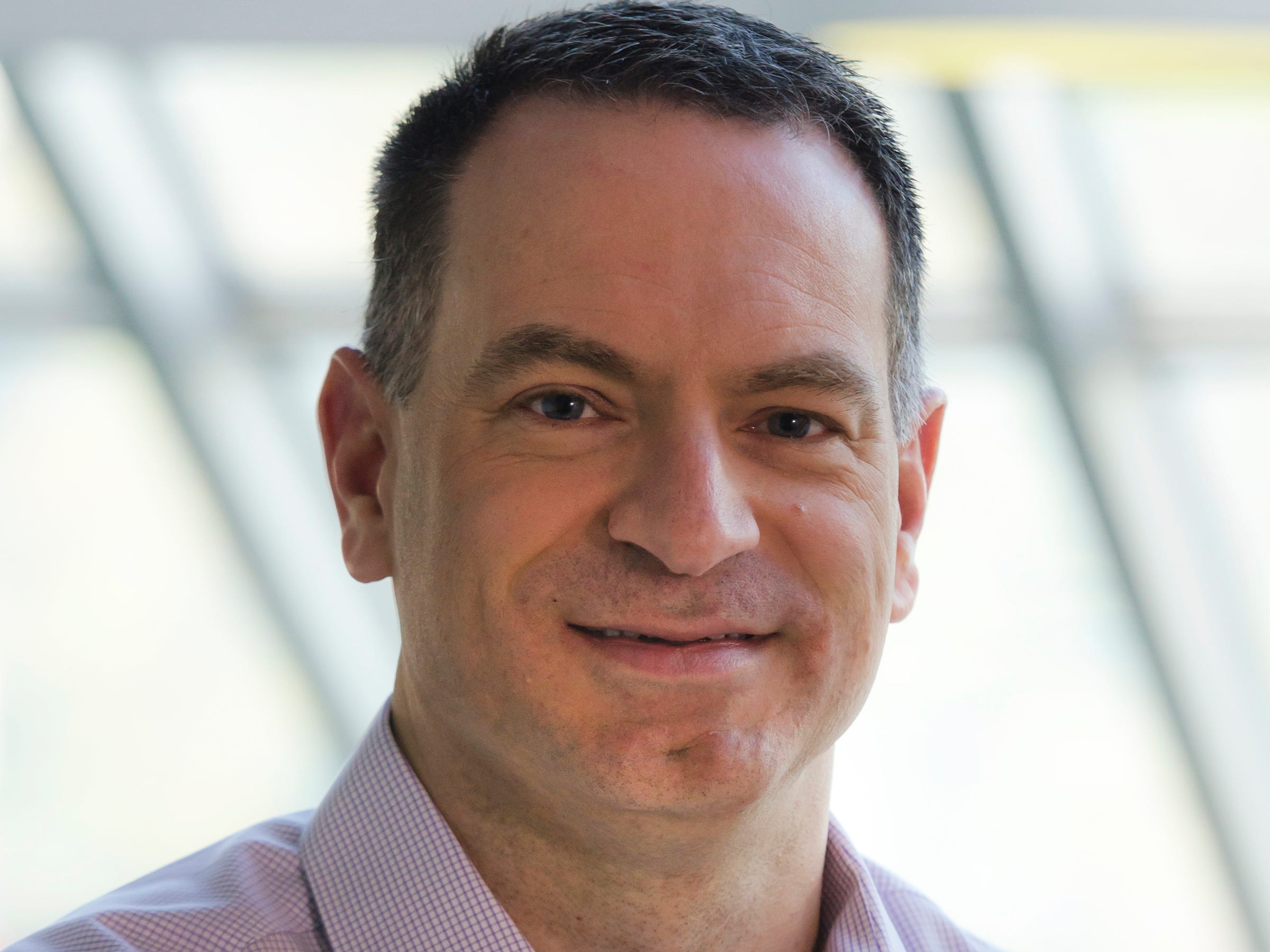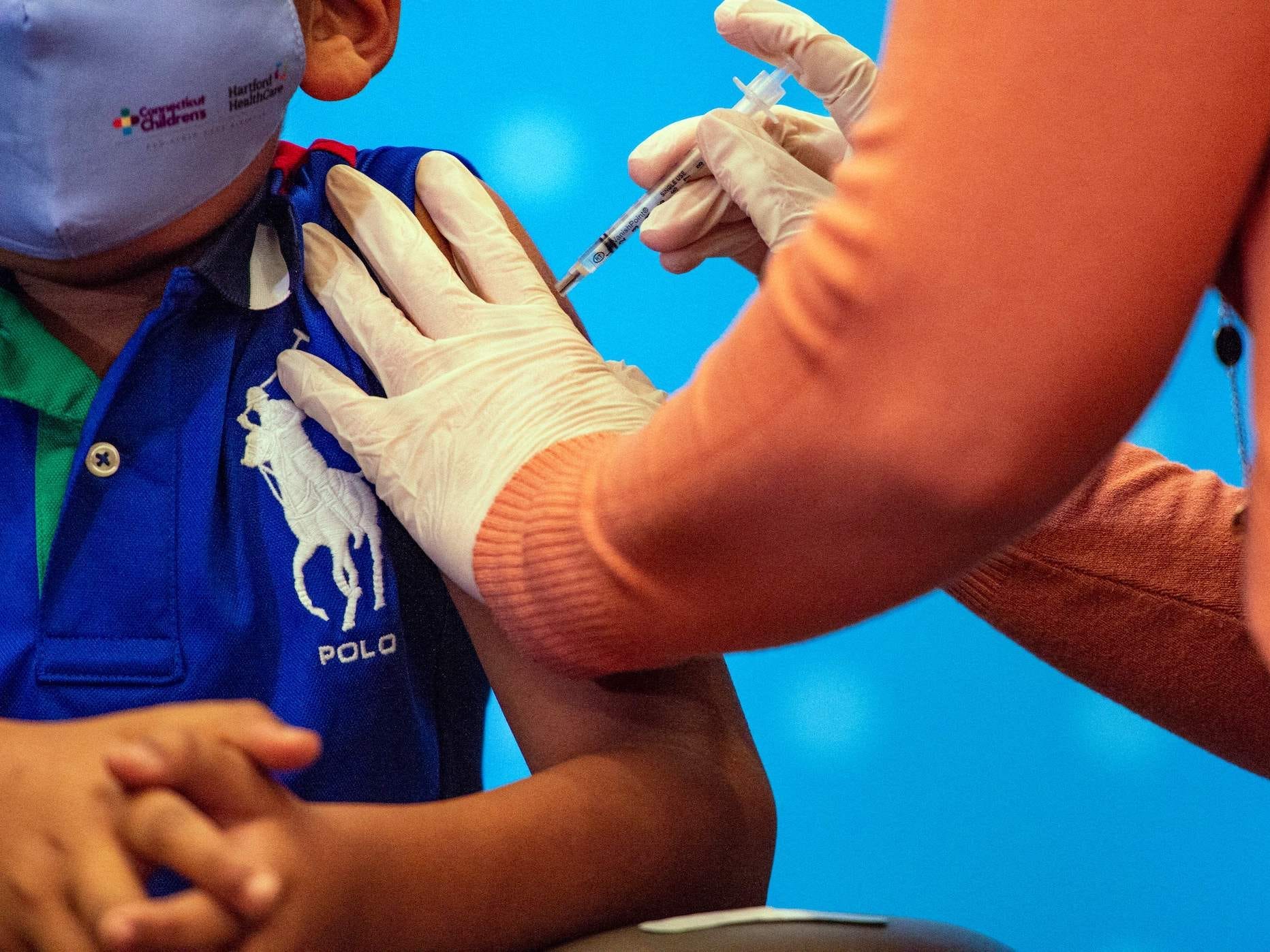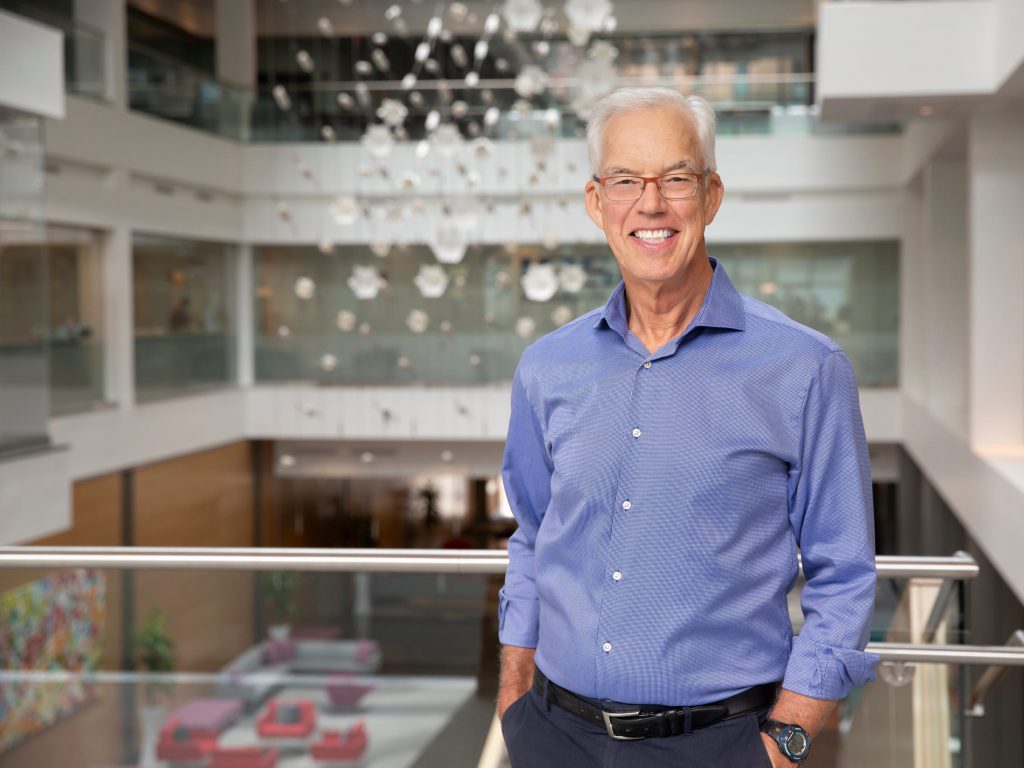Hello,
Welcome to Insider Healthcare. I'm healthcare editor Leah Rosenbaum, and today in healthcare news:
- Mission BioCapital raised $275 million to cofound startups that address the current gaps in biotech;
- GlaxoSmithKline is working with 23andMe to revive drugs for genetics;
- This chart shows how the Pfizer/BioNTech COVID-19 vaccine protects kids.
If you're new to this newsletter, sign up here. Comments, tips? Email me at [email protected] or tweet @leah_rosenbaum. Let's get to it…

Peter Parker, pictured, cofounded biotech investment firm Mission BioCapital in 2010 and the shared lab space company LabCentral three years later.
Mission BioCapital
After seeing 380 biotechs come through their labs, this team raised $275 million to fix gaps in the startup ecosystem

Mission BioCapital
- Mission BioCapital raised $275 million and plans to help overlooked founders start biotechs.
- Its leadership also runs shared lab facilities in hubs like Boston, San Francisco, and Durham.
- It works with 380 drug startups each year, providing lab space, equipment, and sometimes funding.

John Lepore, GlaxoSmithKline's senior vice president, head of research
GlaxoSmithKline
GlaxoSmithKline is resurrecting drugs with the help of 23andMe. The pharma giant is betting genetics will be key to its future.

GlaxoSmithKline
- GlaxoSmithKline is leaning into genetics for its next chapter of discovering and developing drugs.
- The pharma giant is working with groups like 23andMe and Jennifer Doudna's new laboratory.
- GSK's John Lepore told Insider how genetics research resurrected a floundering experimental drug.

A six year old child receives the Pfizer-BioNTech Covid-19 Vaccine for 5-11 year old kids at Hartford Hospital in Hartford, Connecticut on November 2, 2021.
Joseph Prezioso/AFP via Getty Images
One chart shows how well Pfizer's lower-dose vaccine works to protect kids aged 5-11 from COVID

Joseph Prezioso/AFP via Getty Images
- Pfizer's low-dose vaccine for kids 5-11 is now both authorized and recommended for use in the US.
- Pharmacies and doctor's offices nationwide should start carrying shots for kids in the coming days.
- A chart presented to CDC advisors shows how well Pfizer's vaccine prevents symptomatic COVID-19 in this age group.
More stories we're reading:
- Millions of Americans with mood disorders are eligible for booster shots. Here's how depression raises the risk of severe COVID-19.(Insider)
- Some parents are prolonging breastfeeding their children to pass on COVID antibodies (Los Angeles Times)
- A COVID-19 victim's body that was supposed to be used for medical research was dissected in front of a live audience in a hotel ballroom without the family's consent (Insider)
- Scientists study why some people have brains that are similar to Alzheimer's patients, but without symptoms (STAT)
-Leah
Read the original article on Business Insider
